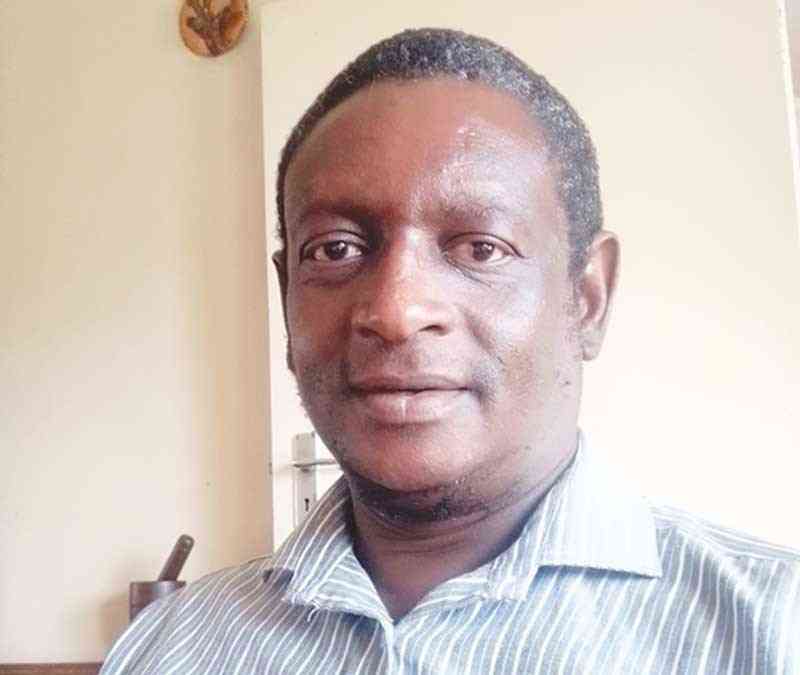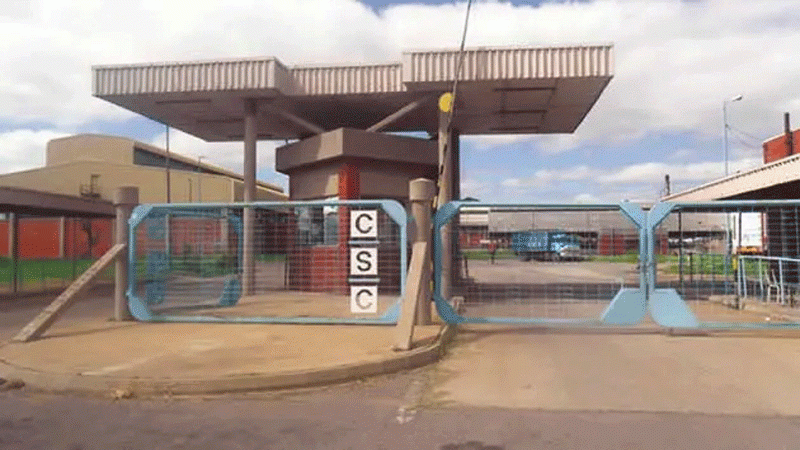
PRESIDENT Emmerson Mnangagwa’s recent appointment of two additional deputy ministers has sparked widespread outrage, with critics condemning the move as a glaring example of the government’s misplaced priorities.
Mnangagwa appointed Albert Mavunga as deputy minister of Local Government, responsible for local authorities and traditional leadership, while Caleb Makwiranzou now serves as deputy minister of Mines and Mining Development, tasked with overseeing oil and gas research as well as strategic mineral exploration.
These appointments further inflate an already bloated government, with both ministries now boasting a minister and two deputies.
Zimbabwe currently has 26 ministries, including the Office of the President and Cabinet, alongside 10 ministers of state for provincial affairs.
The country has two Vice-Presidents, Kembo Mohadi and Constantino Chiwenga, each with a minister of state.
In most cases, a ministry consists of a minister, a deputy minister, and a permanent secretary — each entitled to luxury vehicles, fuel allocations, personal assistants, and drivers, among other benefits.
These perks place a significant burden on the national treasury, which is already under immense strain.
As Zimbabwe grapples with a severe shortage of essential services, experts warn that the bloated government will only serve to exacerbate the country’s problems.
- NoViolet Bulawayo’s new novel is an instant Zimbabwean classic
- Jah Prayzah, Zanu PF rekindles ‘lost love’
- Bank workers appeal to Ncube for tax relief
- Indosakusa marks 21-year anniversary milestone
Keep Reading
“I don’t see the economic justification for adding them (deputy ministers) to the government. It is excess baggage, which is unnecessary,” economist Gift Mugano said.
“My experience of working in government for six years is that I have never seen a significant role or contribution from deputy ministers in government. Ministers are supported by the experts in the ministry.
“When the minister is not there, the deputy minister cannot even act. Another minister is assigned to act in that ministry. Then you question the logic and the rationale for having a deputy minister in a ministry.
“We would rather put this money into pressing areas such as health and education.”
Political analyst Reuben Mbofana said the move was a clear example of the politics of patronage.
“It was actually a shock when we heard that President Mnangagwa had made further appointments. His cabinet was already bloated. Remember, when he came into power, he promised that he would keep his cabinet small,” he said.
“For the first few months, his first cabinet before the 2018 elections, I think it was relatively small.
“But over the course of time, we have seen that he has been adding more ministries and even more deputy ministers.
“You will find a ministry such as agriculture; I think it has got three deputy ministers, and now he has added more deputy ministers,” Mbofana added.
He said there was no need for the country to have a deputy minister of mines responsible for oil, as the country was still exploring for oil.
“Yes, there might be positive signs coming from here and there, but we are not yet an oil-producing nation. So, why would we have a deputy minister of oil?” Mbofana queried.
“That just does not make sense. These are positions created to make room to accommodate Mnangagwa’s allies onto the gravy train.
“But that is a serious disservice to the nation, because already we are a nation that cannot even supply adequate medical care to its hospitals. Infrastructure is crumbling, and yet the president is fond of making these extravagant appointments.”
Mbofana added: “There was no department of oil in Zimbabwe. So, an entire department will have to be created, which might have offices in Bulawayo, Gweru, and all over the country, and they will need people to appoint.
“So, you will find that this is a waste of resources that we do not need in this country at this time. It’s totally unsustainable. It’s a burden on our finances. This is money that should have been used to buy cancer treatment and radiotherapy machines.”
Labour, Economists and African Democrats president Linda Tsungirirai Masarira said while it was essential for the government to have a structure ensuring all critical areas of national development are attended to, a bloated executive was unnecessary.
“The reality is that a large cabinet comes with significant financial implications, including the costs of salaries, allowances, vehicles, personal assistants, and other benefits, which, in a country already burdened with economic challenges, is a misallocation of precious resources,” she said.










